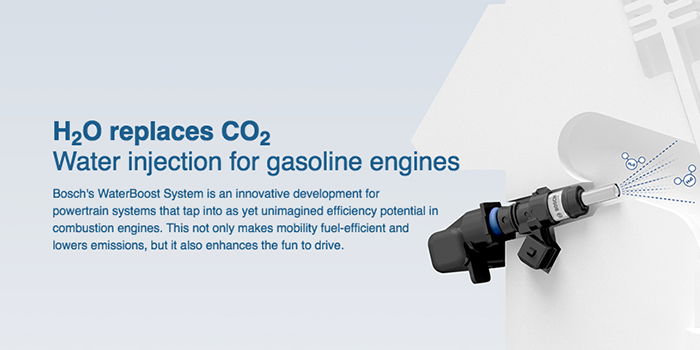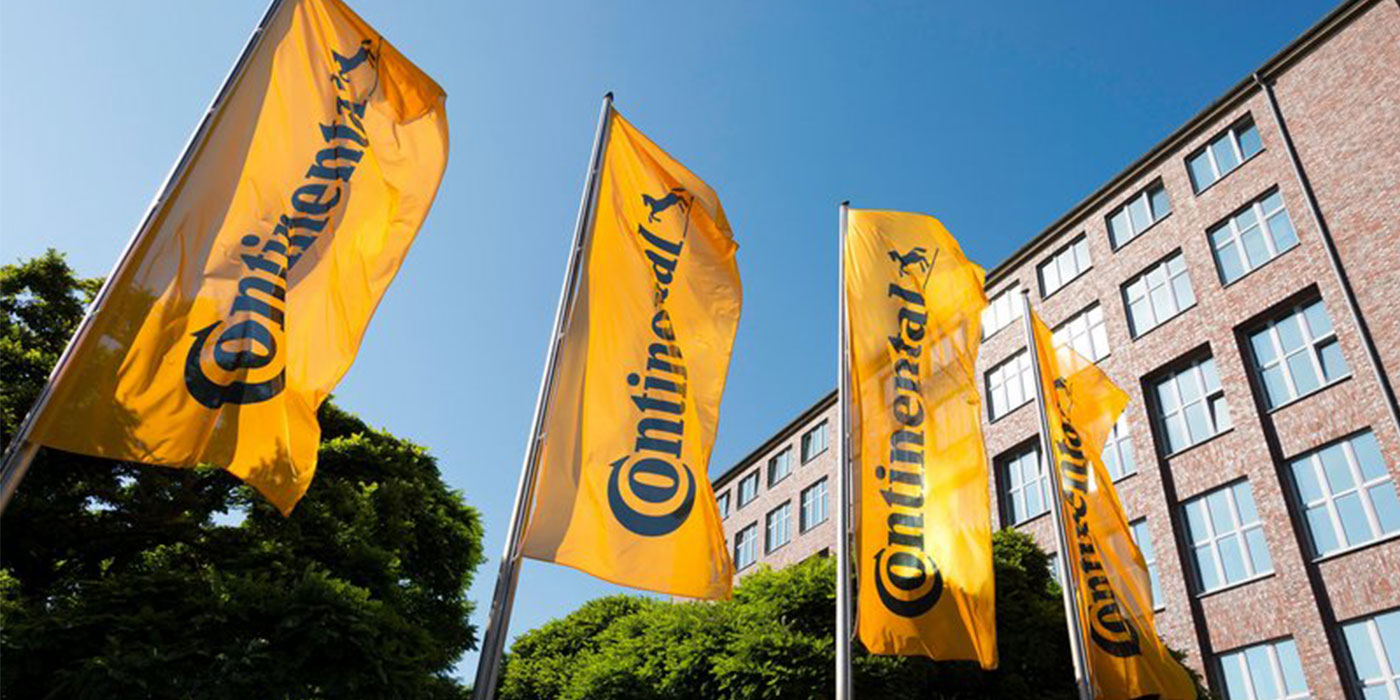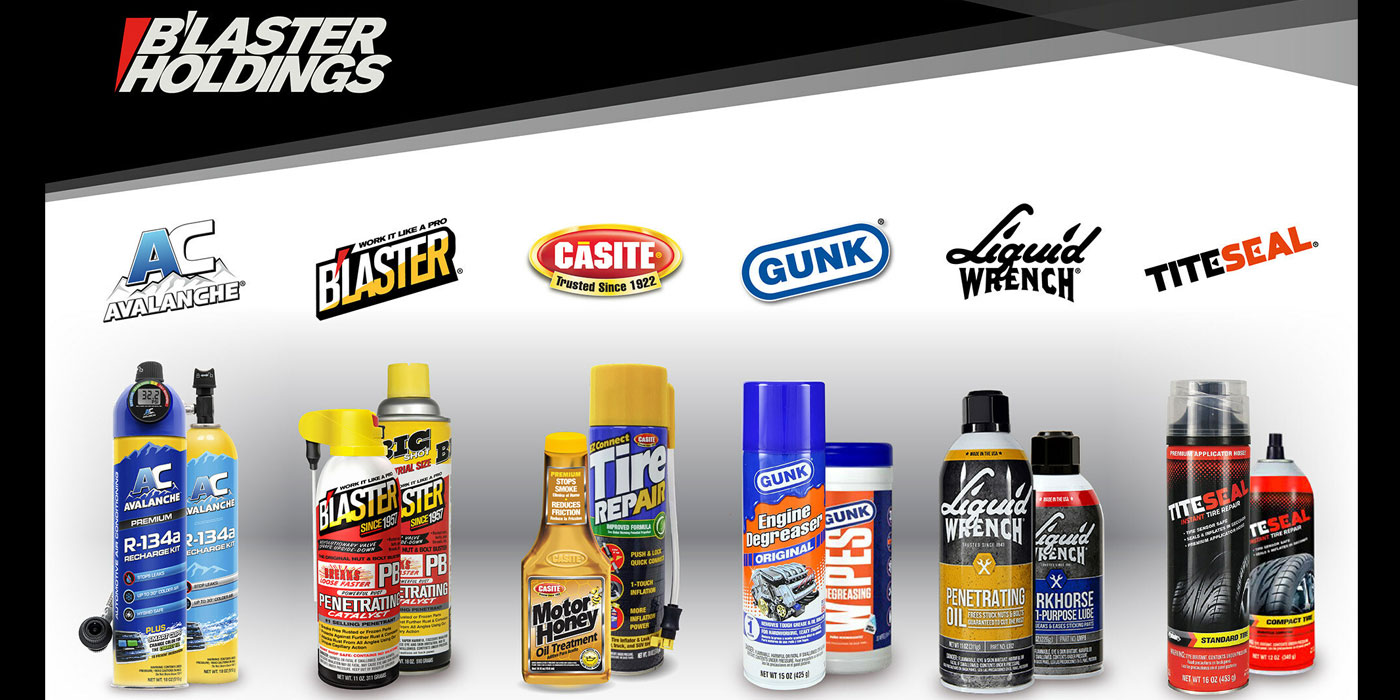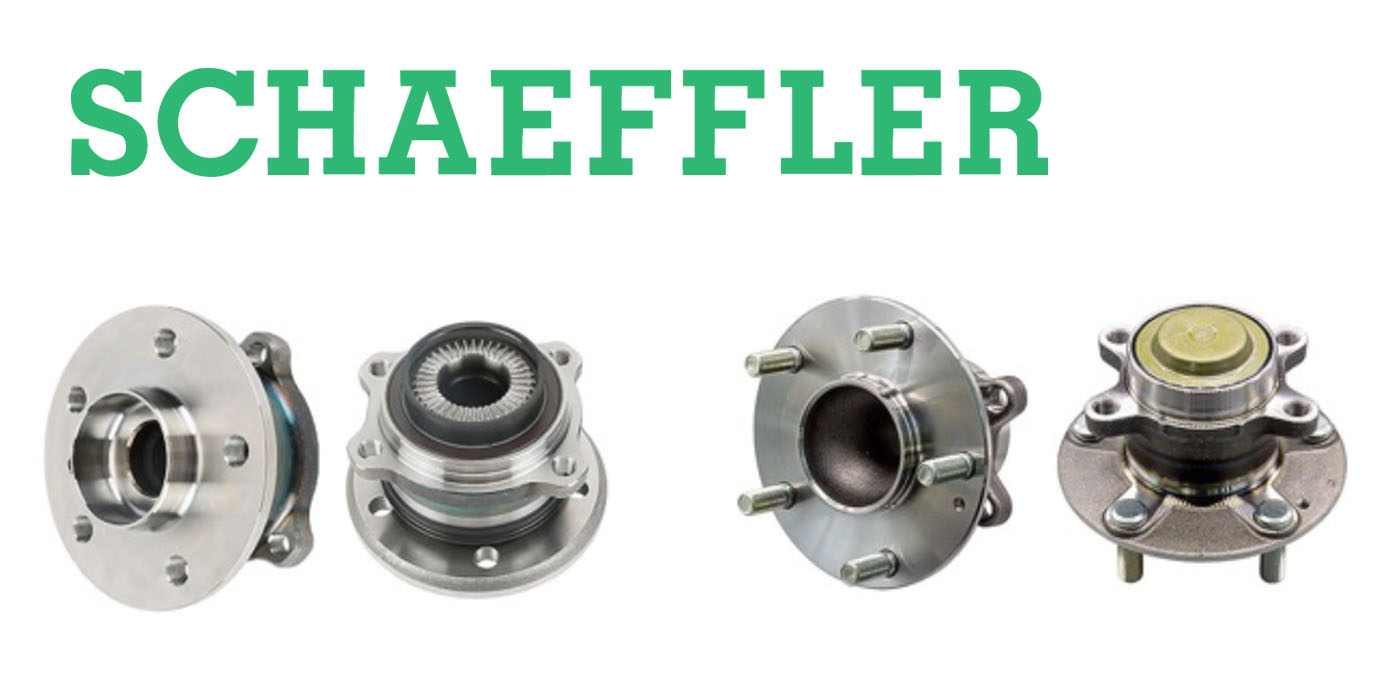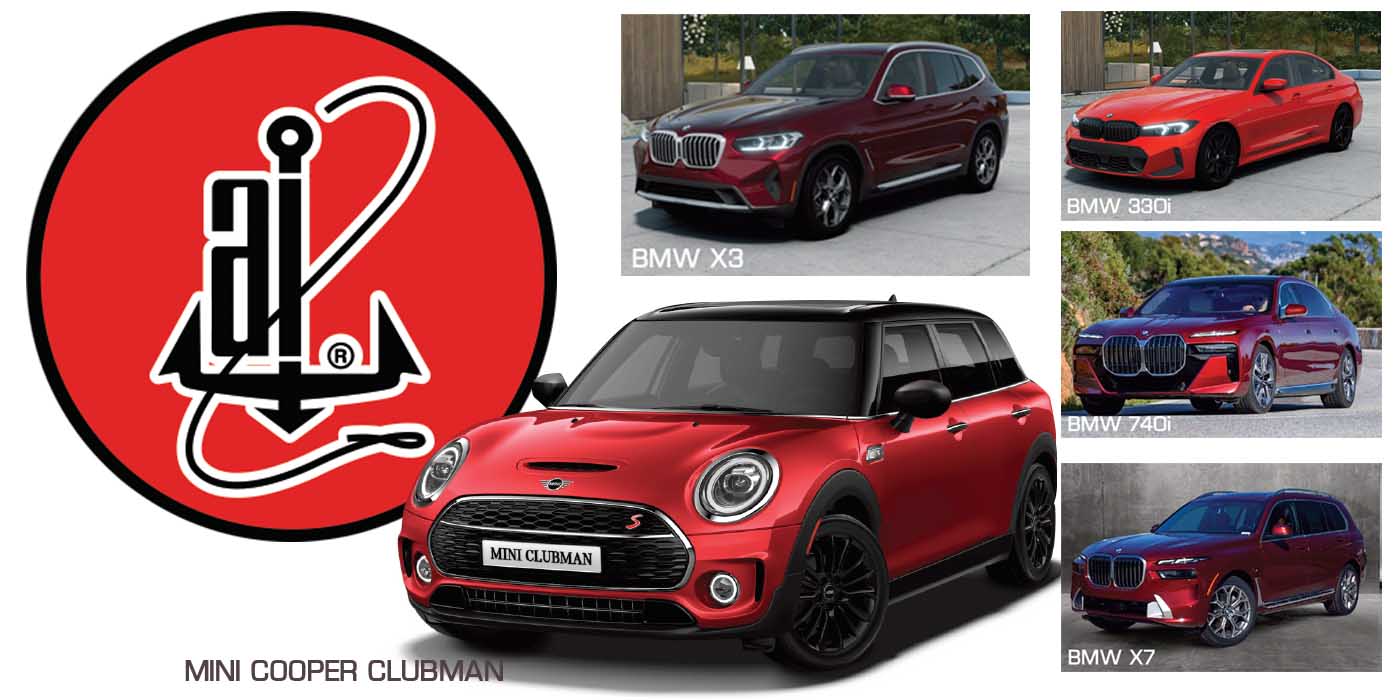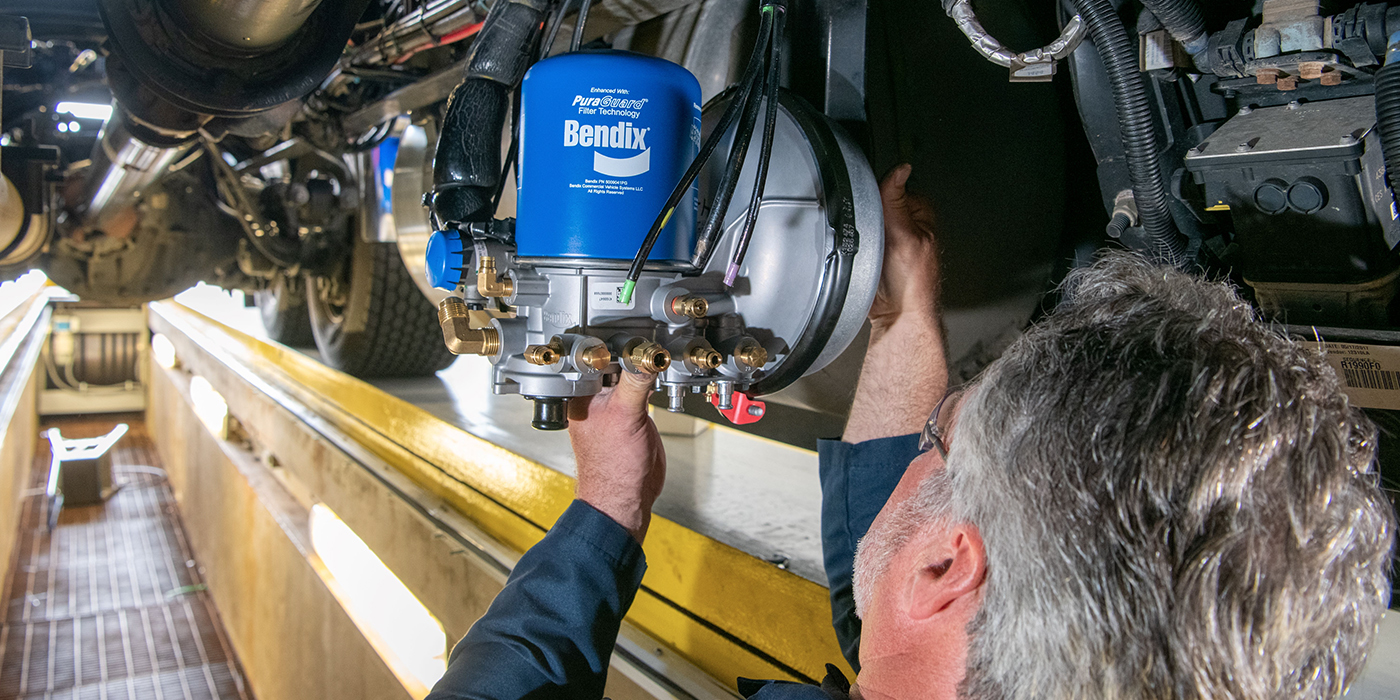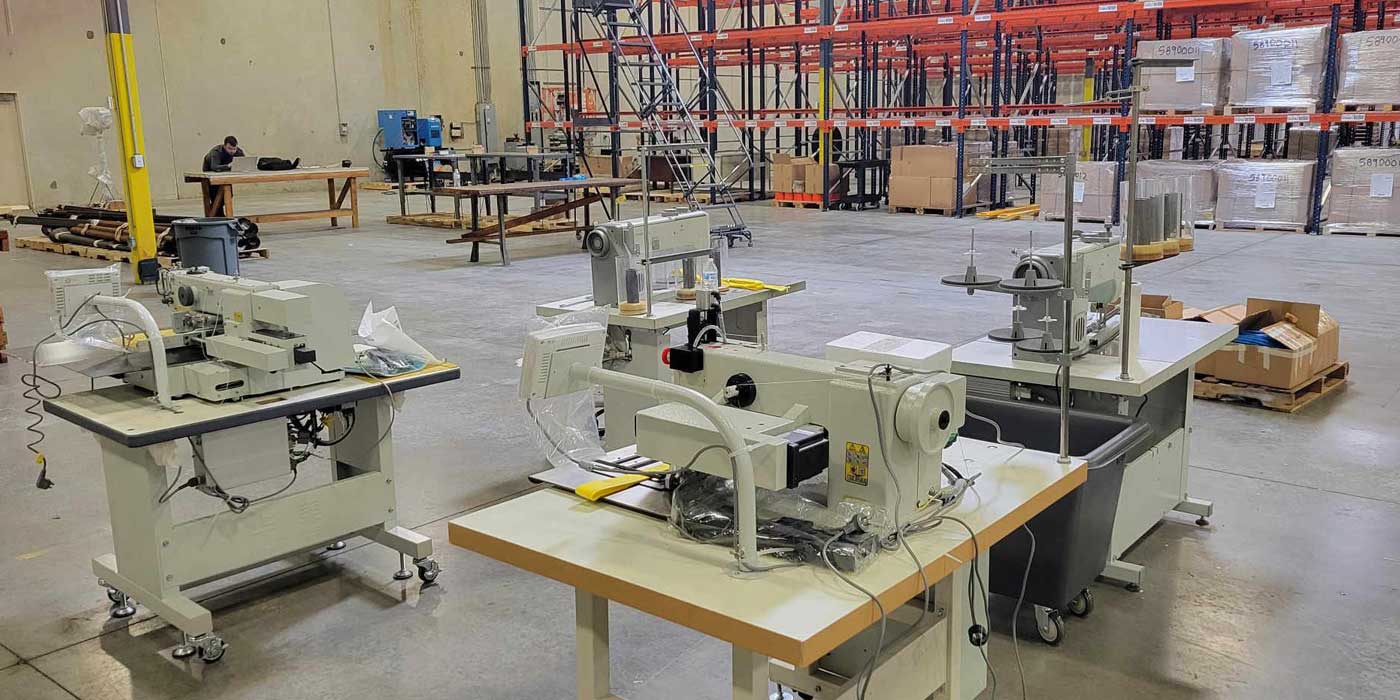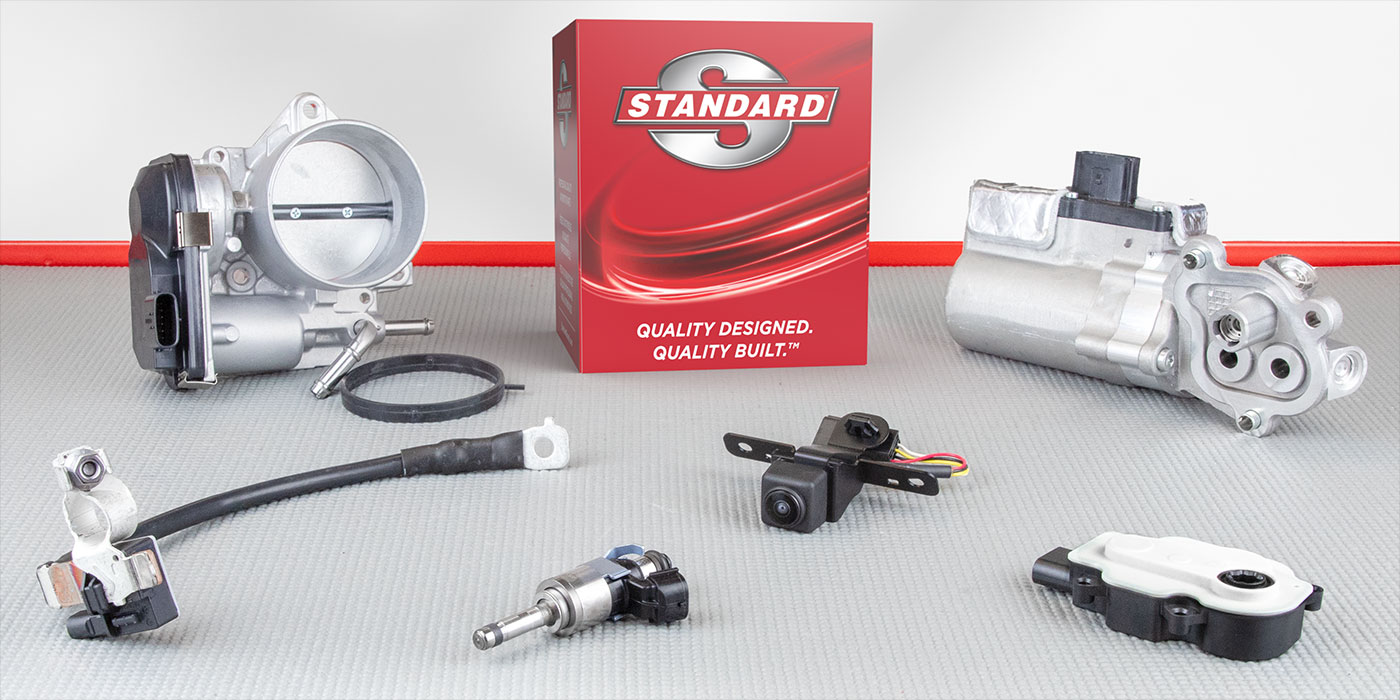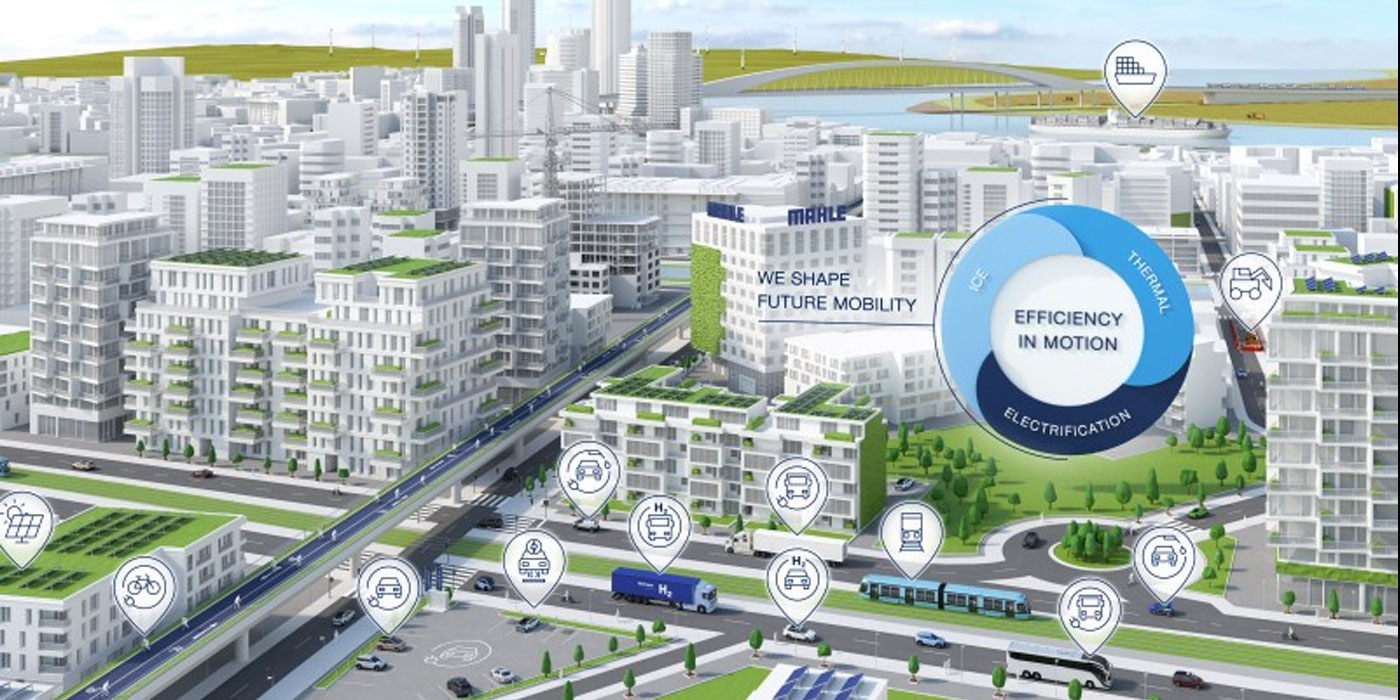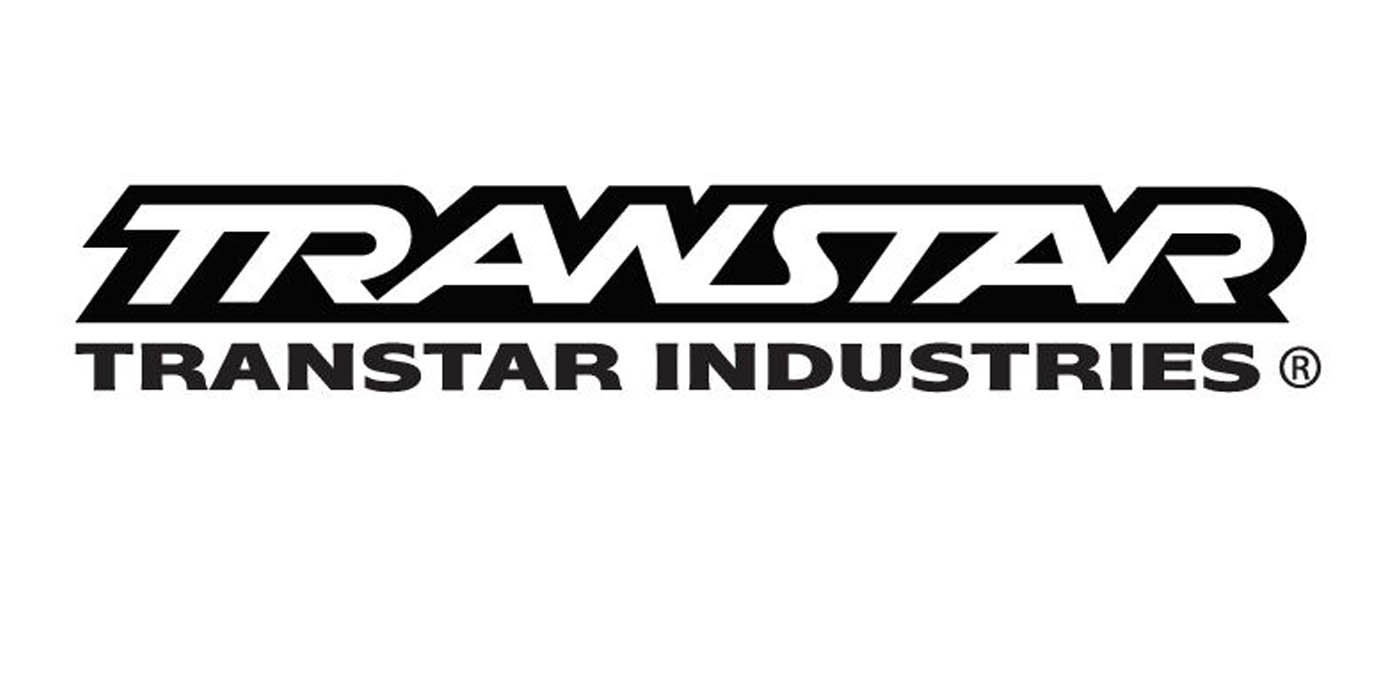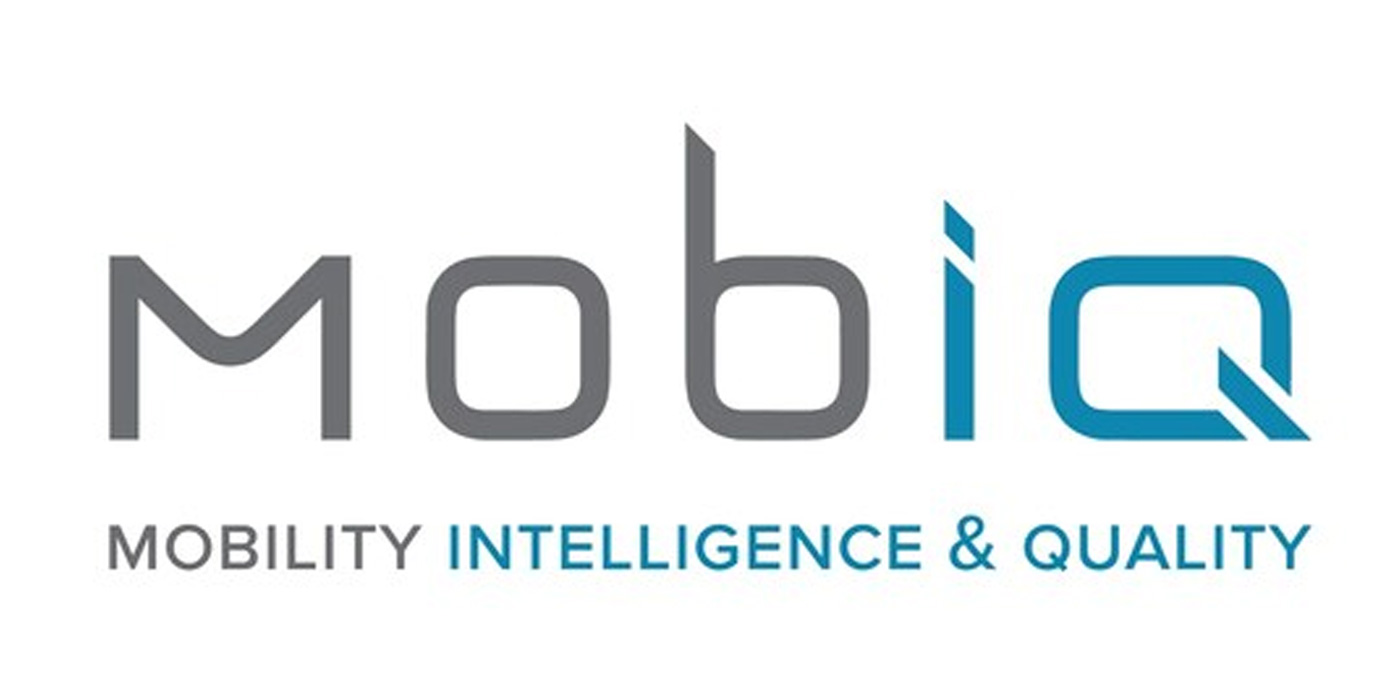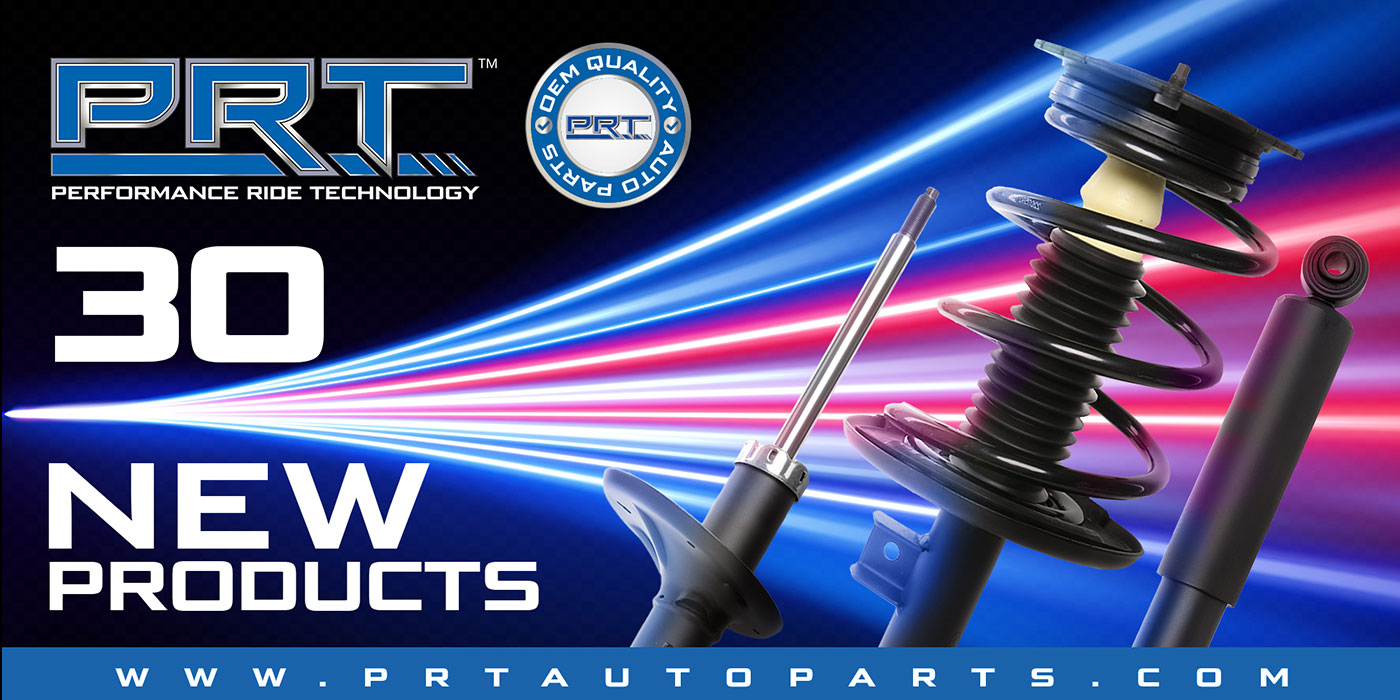Did you know that even advanced gasoline engines waste roughly a fifth of their fuel? Especially at high-engine speeds, some of the gasoline is used for cooling instead of for propulsion. While Bosch didn’t create an engine that gets its energy from water, it has introduced water injection as a new way to cool the engine and generate an additional boost. Particularly when accelerating quickly or driving on the freeway, the injection of additional water makes it possible to reduce fuel consumption by as much as 13 percent in highway conditions and four percent in normal driving, according to the company.
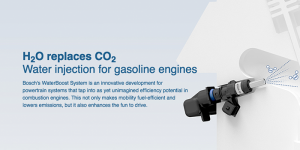 “With our water injection, we show that the combustion engine still has some tricks up its sleeve,” said Dr. Rolf Bulander, chairman of the Bosch Mobility Solutions business sector and member of the board of management of Robert Bosch GmbH. The fuel economy offered by this Bosch technology comes especially to the fore in three- and four-cylinder downsized engines: in other words, in precisely the kind of engines to be found under the hood of any average midsize car.
“With our water injection, we show that the combustion engine still has some tricks up its sleeve,” said Dr. Rolf Bulander, chairman of the Bosch Mobility Solutions business sector and member of the board of management of Robert Bosch GmbH. The fuel economy offered by this Bosch technology comes especially to the fore in three- and four-cylinder downsized engines: in other words, in precisely the kind of engines to be found under the hood of any average midsize car.
“Water injection can deliver an extra kick in any turbocharged engine,” said Stefan Seiberth, president of the Gasoline Systems division at Bosch. Earlier ignition angles mean that the engine is operated even more efficiently. On this basis, engineers can coax additional power out of the engine, even in powerful sports cars.
The basis of this innovative engine technology is a simple fact: an engine must not be allowed to overheat. To stop this from happening, additional fuel is injected into nearly every gasoline engine on today’s roads. This fuel evaporates, cooling critical components like the engine block and turbo charger. With water injection, Bosch engineers have exploited this physical principle by having a fine mist of water injected into the intake duct before the fuel ignites. Water’s high heat of vaporization means it provides effective cooling.
This also is the reason only a small additional volume of water is needed: for every one hundred kilometers driven, only a few hundred milliliters are necessary. As a result, the compact water tank that supplies the injection system with distilled water only has to be refilled every few thousand kilometers at the most. If the tank does run empty, the engine will still run smoothly, but without the water injection.
Like many of the technologies introduced in recent years, the idea of water injection isn’t new. Water injection is emerging as a possibility today due to the convergence of fuel economy requirements, the increased accessibility of direct injection technology and the need for more enrichment due to the heating caused by downsizing with turbocharging.
For more information on this solution from Bosch, click here.

